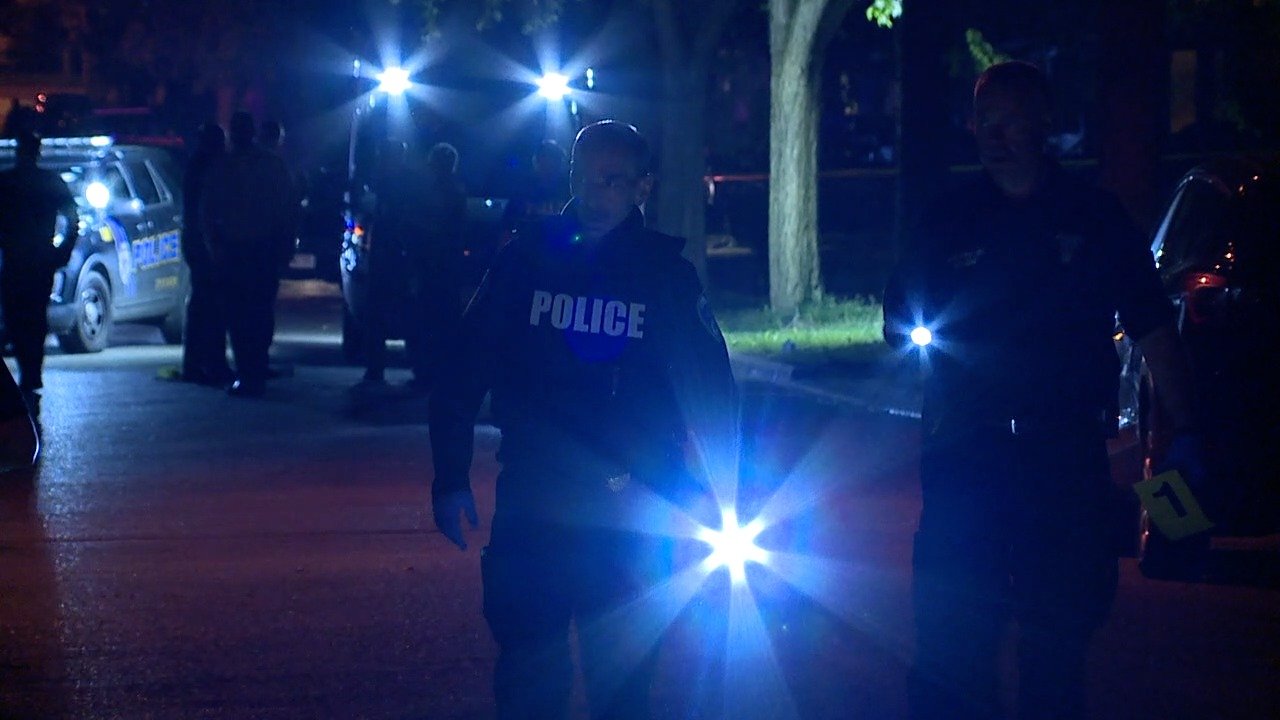Ohio Lawmakers Unveil a Flurry of Bills to Make Child Care More Available, Affordable. But Will They Pass?

Source: https://www.cleveland.com/
Ohio lawmakers have introduced six bills aimed at alleviating the state’s child care crisis, spanning from expanding publicly funded child care and preschool to providing significant tax credits to employers and families. While these bills have the potential to greatly enhance child care affordability and accessibility, their cost implications for taxpayers remain uncertain. Moreover, it’s unclear which bills, if any, will pass before the legislative session concludes in December.
Key Highlight:
Refundable Tax Credit: House Bill 577, proposed by Republican state Rep. Andrea White, suggests an annual state income-tax credit of up to $3,000 per child or $6,000 for two or more children. Families with incomes up to 450% of the poverty line could claim a tax credit for 100% of their child care expenses, gradually decreasing for higher income levels. The credit is refundable, meaning excess credits beyond tax liabilities would be returned to taxpayers.
Non-Refundable Tax Credit: House Bill 578 proposes a non-refundable tax credit, aiming to incentivize direct contributions to child care providers. Sponsored by Representative White, the bill offers a tax credit equal to half the contribution amount, with a maximum credit of $100,000 annually. This credit is open to all income levels and extends to investors in pass-through businesses.
Employer Tax Credit: House Bill 576, co-sponsored by Representative White and Representative Cindy Abrams, proposes tax credits for Ohio employers who contribute to their workers’ child care expenses, such as through flexible spending accounts. These credits can amount to up to $500,000 annually and can be carried over for five years.
Publicly Funded Child Care For Foster and Kinship Caregivers: House Bill 580, introduced by Representatives White and Sharon Ray, aims to broaden Ohio’s child care coverage. Currently, the state covers child care costs for residents up to 142% of the poverty line. The proposed bill extends eligibility to include foster parents and kinship caregivers, regardless of income level, as long as they’re employed or enrolled in school or a training program.
Universal pre-K, all-day Kindergarten: House Bill 595, introduced by Representative Phil Robinson and 18 other House Democrats, proposes free preschool for 4- and 5-year-olds, along with all-day kindergarten statewide by July 2029. Funding for this initiative would come from increased state taxes on sports gambling operations with significant market share. The bill requires state officials to assess school districts’ readiness and capacity for this program, potentially involving contracting out preschool programs to rated outside operators.
Free Child Care for Child Care Workers: House Bill 570, proposed by Democratic state Representatives Bride Rose Sweeney and Dani Isaacsohn, aims to incentivize more people to become child care workers by offering them free child care for their own children while they remain employed, regardless of income. However, this incentive would not extend to child care owners, administrators, or child day camp employees.
Image Source: https://www.cleveland.com/





